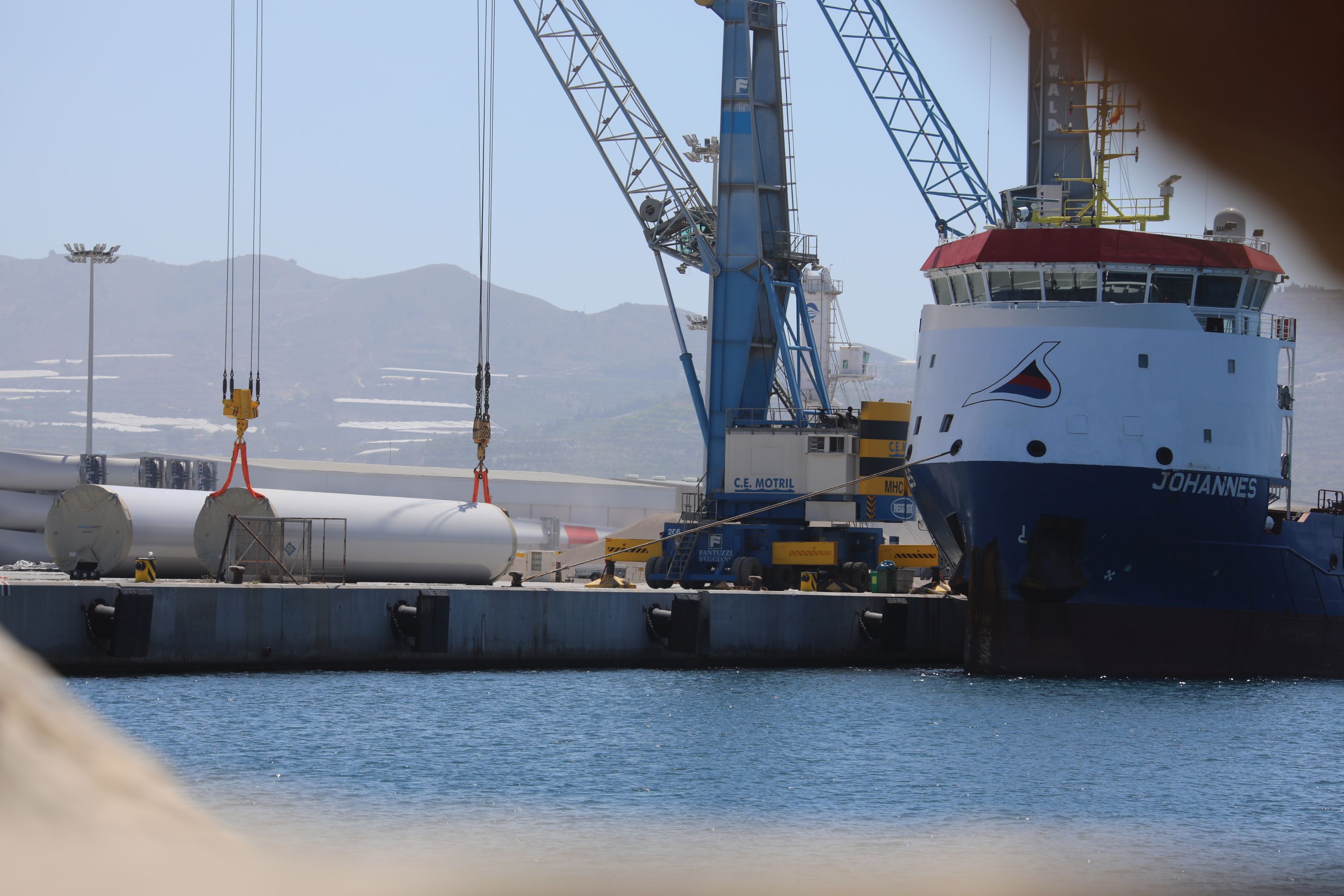Swedish minister for trade clarifies that no states in the EU recognise Moroccan sovereignty over Western Sahara, and that therefore products made in the territory cannot be given trade preference under the EU-Morocco trade agreements.
The answer below was given on 4 February 2013 by the Minister for Trade, Ewa Björling in the Swedish parliament. The statement is similar to one given by the Dutch government a few months ago.
2012/13:276 Agricultural produce from Western Sahara
Hans Linde has asked me what initiatives I will undertake to make sure that Sweden clarifies that agricultural products of origin in Western Sahara are not included in the EU's trade agreement with Morocco.
The position of the government relating to Western Sahara is well known. Neither Sweden nor any other EU state has recognised Western Sahara as being part of Morocco. The government therefore do not consider that the EU trade agreements with Morocco are applicable for produce from Western Sahara. This has on numerous occasions been stated by representatives of the Swedish government in EU contexts. I personally raised the matter latest at a meeting with the EU ministries of trade at the 29 November 2012.
(Unofficial translation by Western Sahara Resource Watch.)
Greenland Yes, Western Sahara No? The EU’s self-determination test
As the European Union rightly rallies behind Greenlanders’ right to decide their own future in the face of external pressure, a test of the EU’s real commitment to self-determination is quietly unfolding in Brussels.
New report: Certified occupation
International certification standards embellish Morocco’s controversial trade with fisheries and agricultural products in occupied Western Sahara, new report documents.
Certification giant SGS points fingers elsewhere
SGS blames everyone else for mistakes on MarinTrust certificates it had issued to Moroccan companies in occupied Western Sahara.
New report: Greenwashing Occupation
Out now: WSRW today publishes a new report outlining the massive - and deeply problematic - renewable energy projects that Morocco is developing in occupied Western Sahara.



